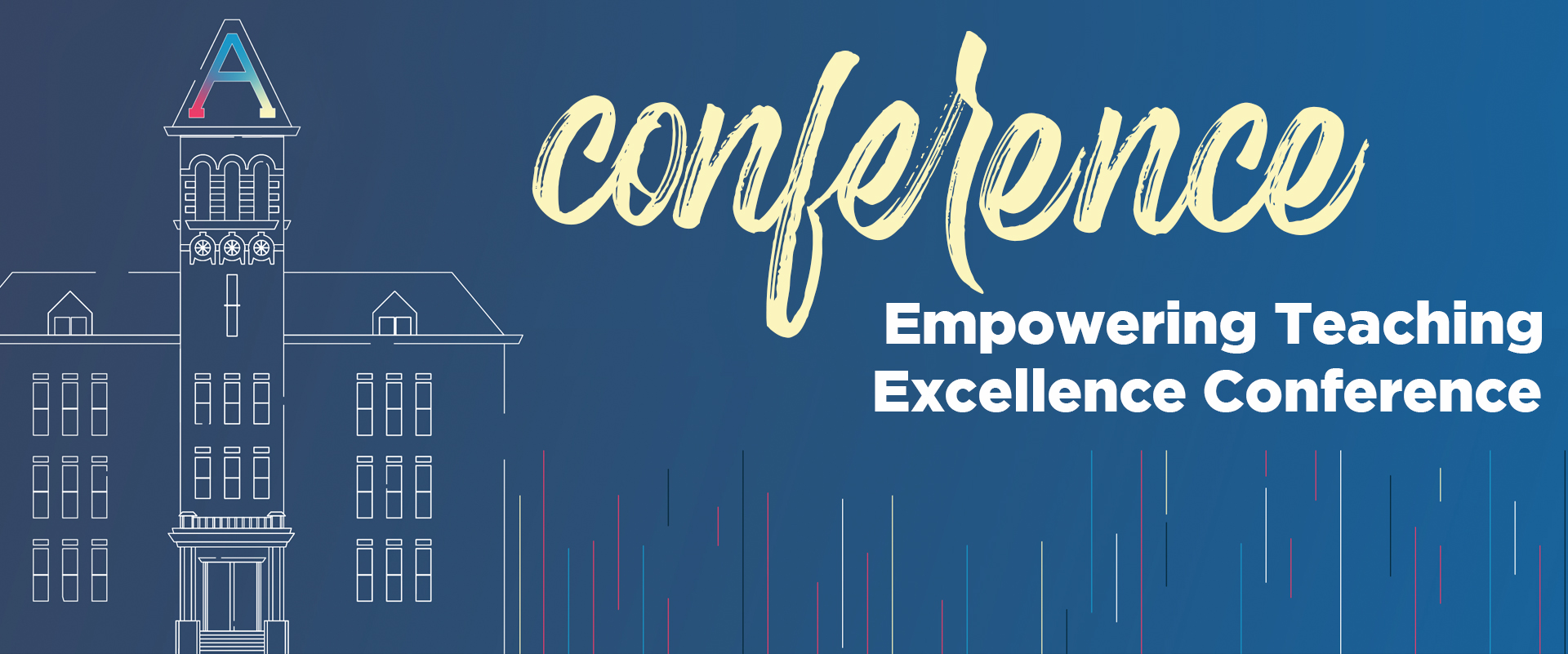Learning Journals as Interdisciplinary Tools for Student Success
Start Date
8-16-2023 3:05 PM
Description
Our presentation will focus on Learning Journals as tools for building critical thinking skills and inspiring student confidence, which are both required for students to be successful regardless of their discipline, and allowing students in various fields to work within the familiar genre of personal writing, creating a liberatory space where various types of students can connect class content with personal experience. Our proposed implementation of journaling as a pedagogical tool is heavily informed by Queer Pedagogy in that the activity will help students to break down some of the dominant norms that sometimes pervade secondary education (instructors have knowledge and students do not, there is a specific and correct way to complete academic tasks, students should exclusively privilege outside sources over their own ideas, etc.), which can impede student confidence, critical thinking skills, and retention in higher education. While our interest in journaling is informed by our experience as instructors of writing and compositions, we intend to demonstrate how Learning Journals can be utilized by instructors in various fields in order to improve student success by creating a liberatory space where students can learn to trust their own voice and ideas while developing critical thinking skills through reflective learning.
Creative Commons License

This work is licensed under a Creative Commons Attribution 4.0 License.
Learning Journals as Interdisciplinary Tools for Student Success
Our presentation will focus on Learning Journals as tools for building critical thinking skills and inspiring student confidence, which are both required for students to be successful regardless of their discipline, and allowing students in various fields to work within the familiar genre of personal writing, creating a liberatory space where various types of students can connect class content with personal experience. Our proposed implementation of journaling as a pedagogical tool is heavily informed by Queer Pedagogy in that the activity will help students to break down some of the dominant norms that sometimes pervade secondary education (instructors have knowledge and students do not, there is a specific and correct way to complete academic tasks, students should exclusively privilege outside sources over their own ideas, etc.), which can impede student confidence, critical thinking skills, and retention in higher education. While our interest in journaling is informed by our experience as instructors of writing and compositions, we intend to demonstrate how Learning Journals can be utilized by instructors in various fields in order to improve student success by creating a liberatory space where students can learn to trust their own voice and ideas while developing critical thinking skills through reflective learning.


